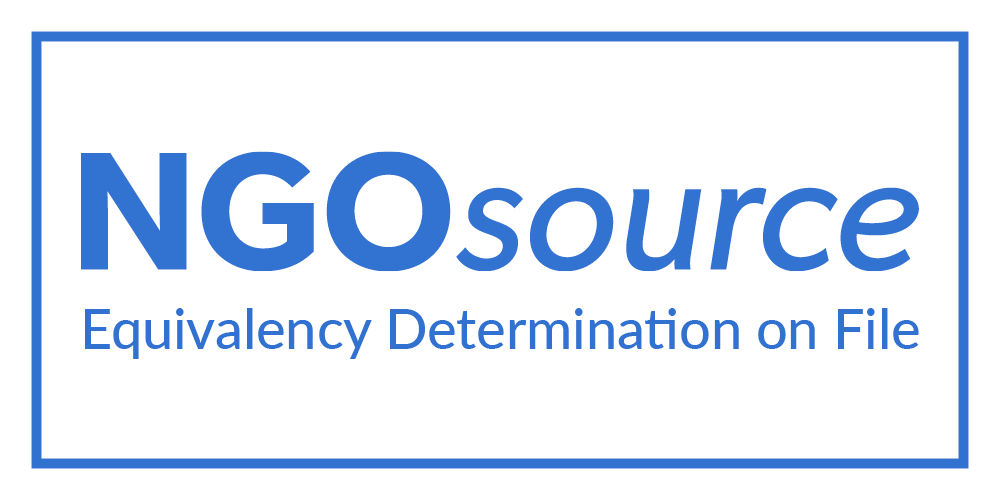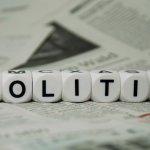Jakarta – Indonesia perlu kebijakan lebih baik untuk meningkatkan kualitas kebebasan berkesenian. Sebab, kini belum ada upaya sistemik menegakkan kebebasan berkesenian meski ia bagian dari Deklarasi Universal Hak Asasi Manusia dan Kovenan Internasional tentang Hak-Hak Sipil dan Politik yang telah diratifikasi Pemerintah Indonesia.
“Indonesia sudah memiliki peraturan perlindungan hak asasi manusia (HAM), tapi masih ada peraturan memberi peluang pembatasan HAM secara sewenang-wenang. Ratifikasi perlu disertai peninjauan terhadap pengaruh otoritarianisme dan oligarki dalam kebijakan dan kepemimpinan negara,” ujar Ratri Ninditya, Koordinator Peneliti Kebijakan Seni Budaya Koalisi Seni, dalam webinar Selasa, 10 November 2020. Dalam webinar itu, Koalisi Seni meluncurkan kajian pustaka pelanggaran kebebasan berkesenian sepanjang 2010-2020. Studi ini terwujud berkat dukungan UNESCO melalui skema Funds-In-Trust Korea.
Menurut Ratri, negara perlu berperan aktif menyelesaikan pelanggaran secara adil dan menyeluruh, serta memberikan perlindungan dan pemulihan memadai bagi korban. Maka, kebebasan berkesenian akan lebih terlindungi.
Sejauh ini, kajian mengenai kebebasan berkesenian di Indonesia sangat sedikit, padahal pelanggaran yang dilaporkan dan diberitakan cukup banyak. Kasus pelanggaran kebebasan berkesenian juga tidak secara konsisten diberitakan maupun dilaporkan karena masih menjadi perhatian kalangan terbatas.
Dari pemberitaan media dan data sejumlah lembaga HAM, 45 kasus pelanggaran tercatat selama 2010-2020. Tiap kasus bisa melanggar berbagai hak kebebasan berkesenian dan terjadi untuk beberapa matra seni. Berdasarkan hak kebebasan berkesenian yang dilanggar, hak berkarya tanpa sensor atau intimidasi paling sering dilanggar (29 kasus). Kemudian ada hak mendapatkan dukungan, jalur distribusi, dan pengupahan atas karya (28), hak ikut serta dalam kehidupan kebudayaan (20), hak atas kebebasan berserikat (6), dan hak atas kebebasan berpindah tempat (1). Tak ada pelanggaran tercatat untuk perlindungan hak sosial dan ekonomi. Adapun dari segi matra seninya, film tercatat terbanyak (24 kasus), diikuti seni rupa (11), musik (6), sastra (6), tari (4), teater (3), dan fesyen (1).
Kajian ini menemukan semangat reformasi justru menajamkan politik identitas, yang sering dijadikan alat negara mengontrol warganya. Semangat kebebasan berekspresi yang muncul di era reformasi justru melahirkan otoritarianisme baru melalui proses yang sah. Alih-alih melindungi minoritas, proses hukum digunakan untuk menghambat gagasan yang berseberangan dengan pendapat mayoritas. Isu utama yang digunakan untuk melarang berbagai kegiatan seni adalah komunisme, agama, dan LGBT. Ini menunjukkan dinamika sosio-politik Indonesia, di mana seni menjadi bagian ekspresi politis individu dan kelompok.
Selain kebijakan lebih baik, ada beberapa rekomendasi Koalisi Seni. Pertama, kekerasan seharusnya jadi indikator untuk aparat hukum dalam menentukan siapa yang perlu dihentikan dan dilindungi – pelaku kekerasanlah yang harus dihentikan, sedangkan orang yang jadi korbannya wajib dilindungi. Kedua, perlu ada pula sistem pemantauan pelanggaran kebebasan berkesenian di ranah daring maupun luring. Ketiga, pegiat seni butuh beraliansi dengan pegiat HAM untuk menegakkan kebebasan berkesenian ini.
Sementara itu, menurut Sandra Yati Moniaga, Komisioner Komnas HAM, kajian Koalisi Seni ini menarik dan penting. Ia mengiyakan soal belum adanya upaya sistemik penegakan maupun pemajuan kebebasan berkesenian di Indonesia.
“Upayanya masih sporadik dalam penanganan kasus dan kebijakan. Kalau ada upaya sistemik dalam penegakan, semestinya kasus bisa ditangani lebih komprehensif. Dalam pemajuan hak, dari segi normatif sudah cukup banyak peraturan perundangan yang menjamin kebebasan berkesenian, namun harmonisasi hukum tetap dibutuhkan. Dari sisi kelembagaan, telah ada pemangku kewajiban yang harus melaksanakan tugas, sementara dari segi kultural kita perlu memastikan seluruh aparat hukum memahami dan menjalankan peraturan yang berlaku,” ucapnya.
Sandra menyarankan Koalisi Seni menggandeng beragam kementerian, lembaga negara, pemerintah daerah, dan masyarakat sipil membuat peta jalan penegakan dan pemajuan hak kebebasan berkesenian. Selain itu, perlu mencari pula program kementerian dan lembaga yang relevan sehingga bisa bergerak bersama pada masa mendatang.
Dalam webinar tersebut, seniman Agus Suwage berbagi cerita soal pelanggaran kebebasan berkesenian yang dialaminya. Khususnya, saat ia berkolaborasi dengan Davy Linggar dalam CP Biennale 2005. Karya Pink Swing Park, komentar bagi kaum urban yang penuh kepalsuan, jadi kontroversi karena menampilkan foto Anjasmara dan Izabel Jahja tanpa busana, meski payudara dan genitalnya sudah disensor dengan lingkaran. Saat karya itu muncul di program infotainment dengan tajuk “Anjasmara bugil”, sejumlah organisasi masyarakat memprotesnya dan berujung pada penutupan ruang Pink Swing Park.
“Sekarang saya jadi semacam melakukan swasensor. Dulu saat membuat Pink Swing Park juga sebetulnya sudah disensor. Saya kemudian memamerkannya di Singapura, swasensor dalam hal lokasi, supaya tidak melanggar UU Pornografi. Semoga kajian Koalisi Seni bisa mendorong peraturan yang lebih jelas, memihak seniman, dan tidak mengambang,” katanya.
Dalam webinar ini, Direktur Jenderal Kebudayaan Kementerian Pendidikan dan Kebudayaan, Hilmar Farid, memberikan pula tanggapannya. Paralel dengan mengadvokasi kebijakan lebih baik bagi kebebasan berkesenian, kata Hilmar, yang tak kalah penting adalah penguatan institusi publik seperti pemerintah pusat, pemerintah daerah, kepolisian, serta lembaga penegak hukum lainnya.
“Aparatnya harus paham betul tentang hak kebebasan berkesenian. Banyak orang mencampur pandangan pribadinya dengan Undang-undang. Memisah ini nggak mudah. Untuk itu, kita perlu mengundang polisi dan aparat hukum lain dalam acara tentang kebebasan berkesenian,” paparnya.
Hilmar menambahkan, bahkan di salah satu sekolah seni, sempat ada pembatasan kebebasan berkesenian yang menyebabkan belajar anatomi tak bisa menggunakan model. Ini memperlihatkan ancaman tidak hanya dari aparatur negara, tapi juga aktor non-negara. “Tantangan ini tidak bisa selesai dengan peraturan, tapi dengan aksi. Perjuangan untuk masyarakat sehat, cerdas, toleran dan demokratis adalah tugas kita, walaupun jatuh bangun,” katanya.
Simak lebih lanjut advokasi Koalisi Seni untuk kebebasan berkesenian di laman ini.
Materi terkait:





[…] November 2020, Koalisi Seni melansir studi pustaka tentang kebebasan berkesenian di Indonesia. Kajian ini menemukan semangat reformasi justru menajamkan politik identitas, yang sering […]